Word Historian - etymology exploration tool
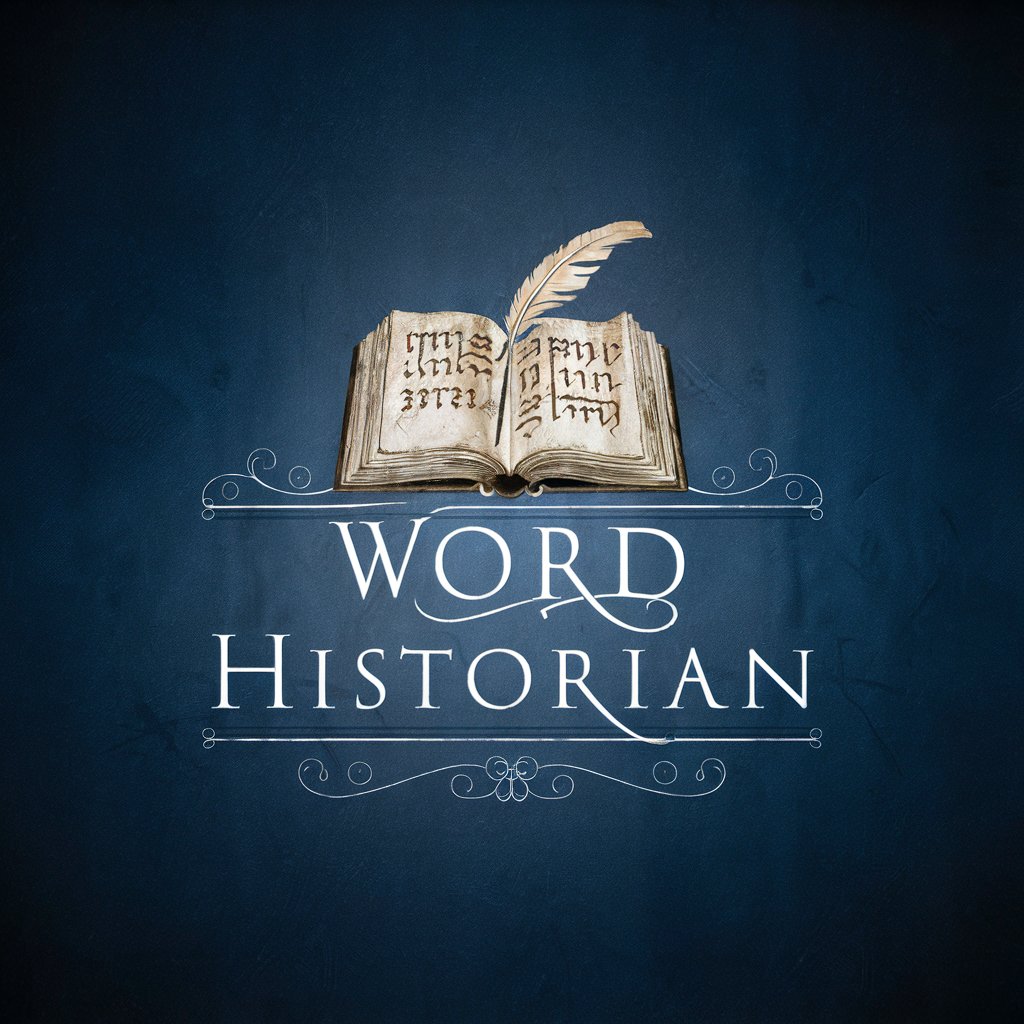
Welcome! Let's uncover the history of words together.
Uncover the roots of language with AI
Explore the origins of the word 'example' and its historical evolution.
Trace the etymology of the letter 'A' from ancient times to modern usage.
Explain the development of the word 'technology' over centuries.
Describe the historical progression of the term 'democracy' in different cultures.
Get Embed Code
Introduction to Word Historian
Word Historian is a specialized GPT model designed to provide etymological insights with a focus on the origins and evolution of words and letters of the alphabet. It is structured to deliver this information in a clear, concise, and accessible manner, specifically formatted in a tabular, chronological layout. This approach helps users easily understand the historical progression and transformation of language elements. An example scenario where Word Historian excels includes explaining the etymology of the word 'window' from its Old Norse origins to its modern English form, emphasizing changes in spelling and meaning over centuries. Powered by ChatGPT-4o。

Main Functions of Word Historian
Etymological Analysis
Example
Analyzing the word 'star', tracing its roots from the Proto-Germanic '*sternaz' to Old English 'steorra', and showing its development into modern English.
Scenario
A user interested in the historical development of common astronomical terms uses this function to prepare a lecture or educational content.
Chronological Word Evolution
Example
Detailing the evolution of the term 'democracy' from its Ancient Greek origins 'demos' (people) and 'kratos' (power) to its current usage in modern political contexts.
Scenario
A historian or academic researcher uses this feature to enhance a paper or presentation on political philosophy with historical linguistic insights.
Alphabetical Etymology
Example
Exploring the origins of the letter 'A', from its early Semitic form 'aleph' (ox), to its adaptations in the Phoenician, Greek, and eventually Roman alphabets.
Scenario
A linguistics student uses this information to contribute to a thesis on the influence of ancient languages on modern alphabets.
Ideal Users of Word Historian Services
Academic Researchers and Historians
These users benefit from detailed etymological histories to support scholarly research, papers, and presentations, helping to illustrate linguistic changes over time.
Educators and Students
This group can use the service to enhance learning materials with historical linguistic insights, making lessons on language history more engaging and informative.
Writers and Content Creators
Writers can utilize etymological insights to enrich their narrative or content, adding depth and historical accuracy to their work, especially in historical fiction or educational media.

How to Use Word Historian
Access Word Historian
Visit yeschat.ai to explore Word Historian for free without the need for a login or ChatGPT Plus subscription.
Identify your query
Decide on the word or phrase whose origin or development you are interested in exploring.
Input your query
Type your word or phrase into the input field to submit it to Word Historian for analysis.
Review the results
Examine the etymological breakdown and historical evolution provided in a structured, tabular format.
Further exploration
Utilize the links or suggested related words to deepen your understanding of the word's background and usage.
Try other advanced and practical GPTs
법률왕 - 사과문 작성 (아니? 난 사과 안할건데?)
Craft Precise, Impartial Statements Effortlessly
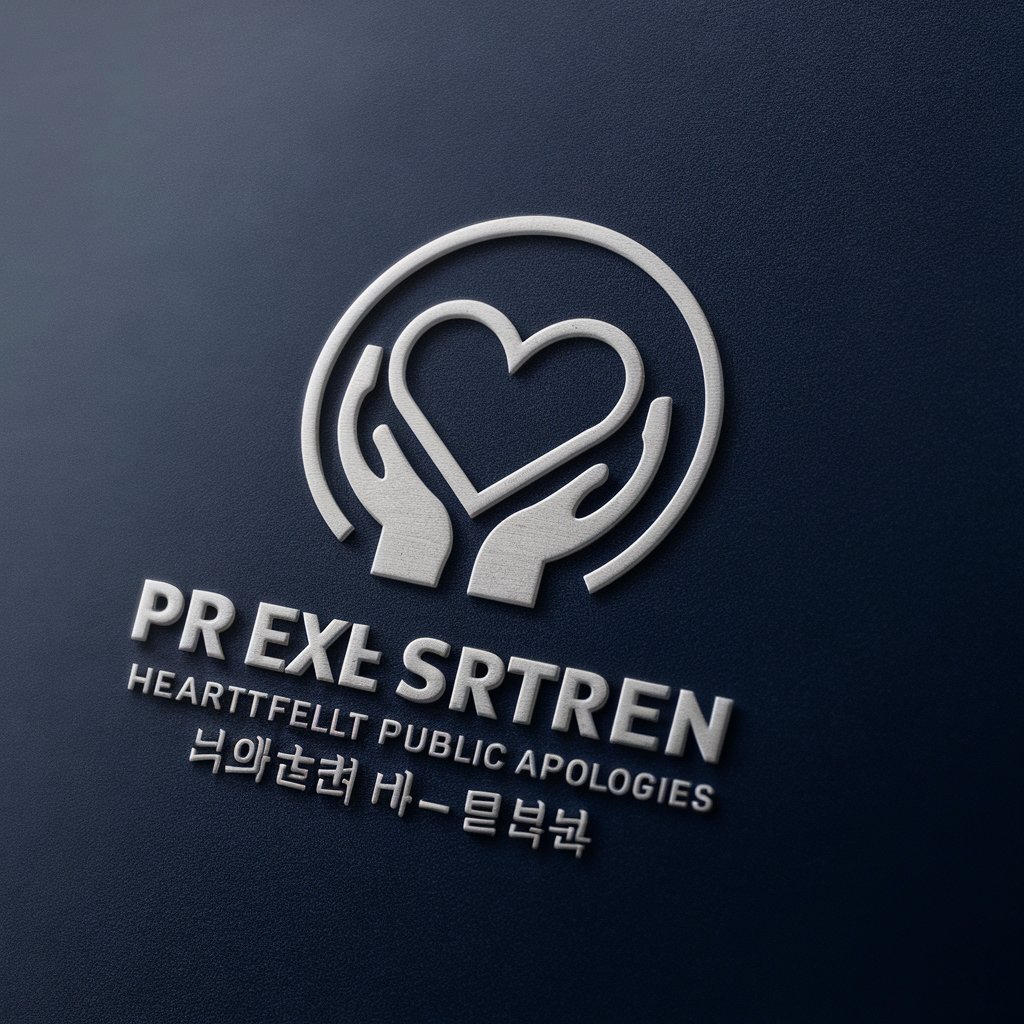
강민 - 홍익대학교 시각디자인과 전공 (미대입시)
Empower Your Design Journey with AI

윤서영 쉐프 - 냉장고를 부탁해🙏🏻
Your AI Culinary Companion
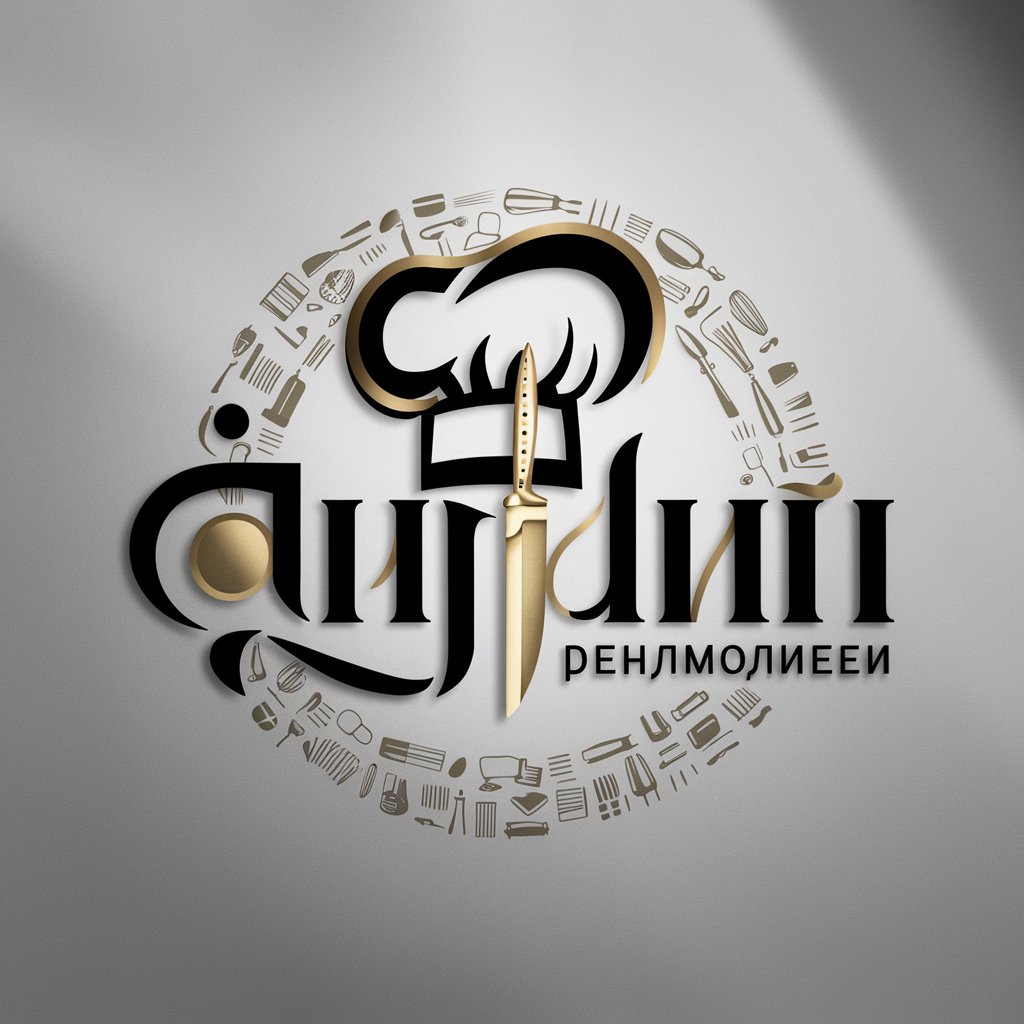
냉털 레시피
Your AI-powered Korean Cuisine Guide

김유리 셰프 - 냉장고를 부탁해
Cooking made creative with AI
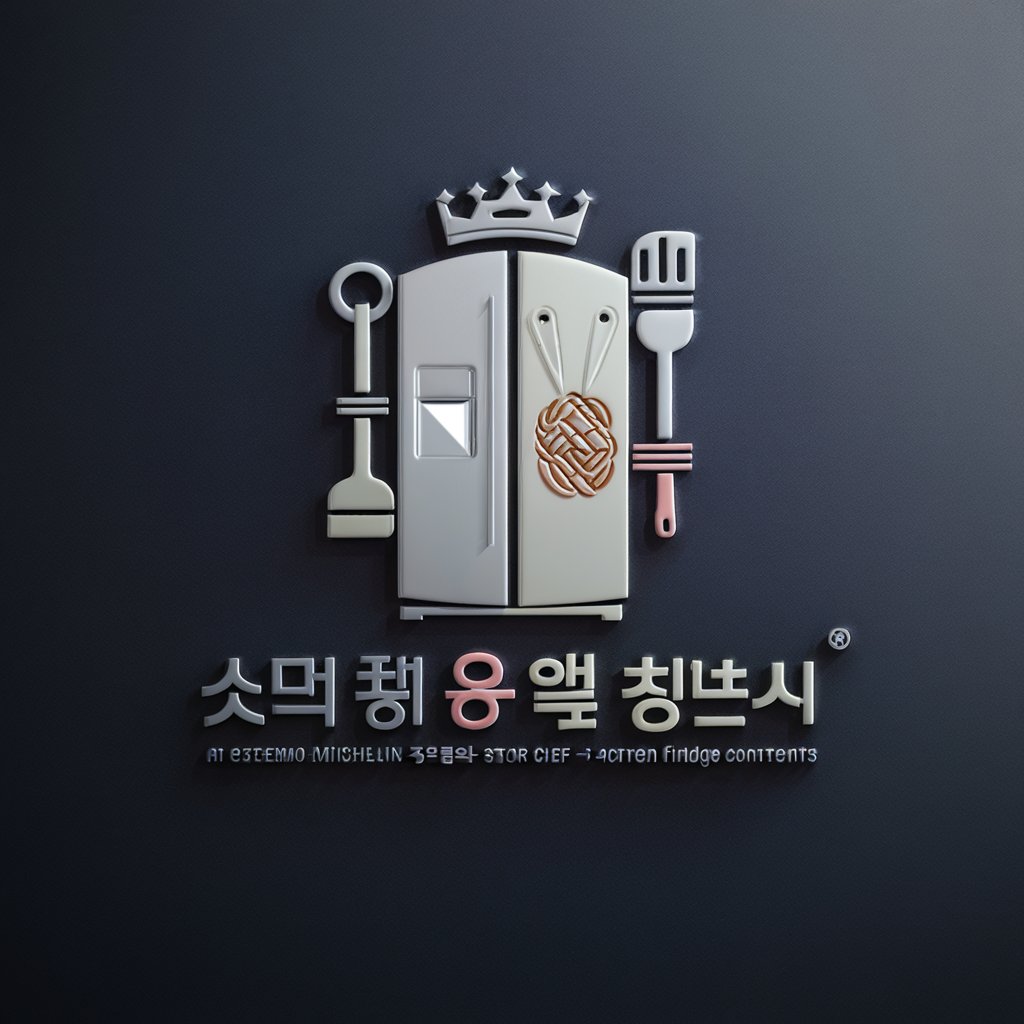
국립농업과학원 농업 전문가
Empowering Farming with AI Expertise

인기짱 되는 아재개그 v4.9
Turn frowns upside down with AI-powered dad jokes!

남궁세가의 망나니 장남이 되었다! Ver 4.9
Become a legend in the martial arts world, powered by AI.
Ulsan Navigator 울산
Explore Ulsan with AI-powered Guidance

이소영 판사
Automate Legal Oversight with AI
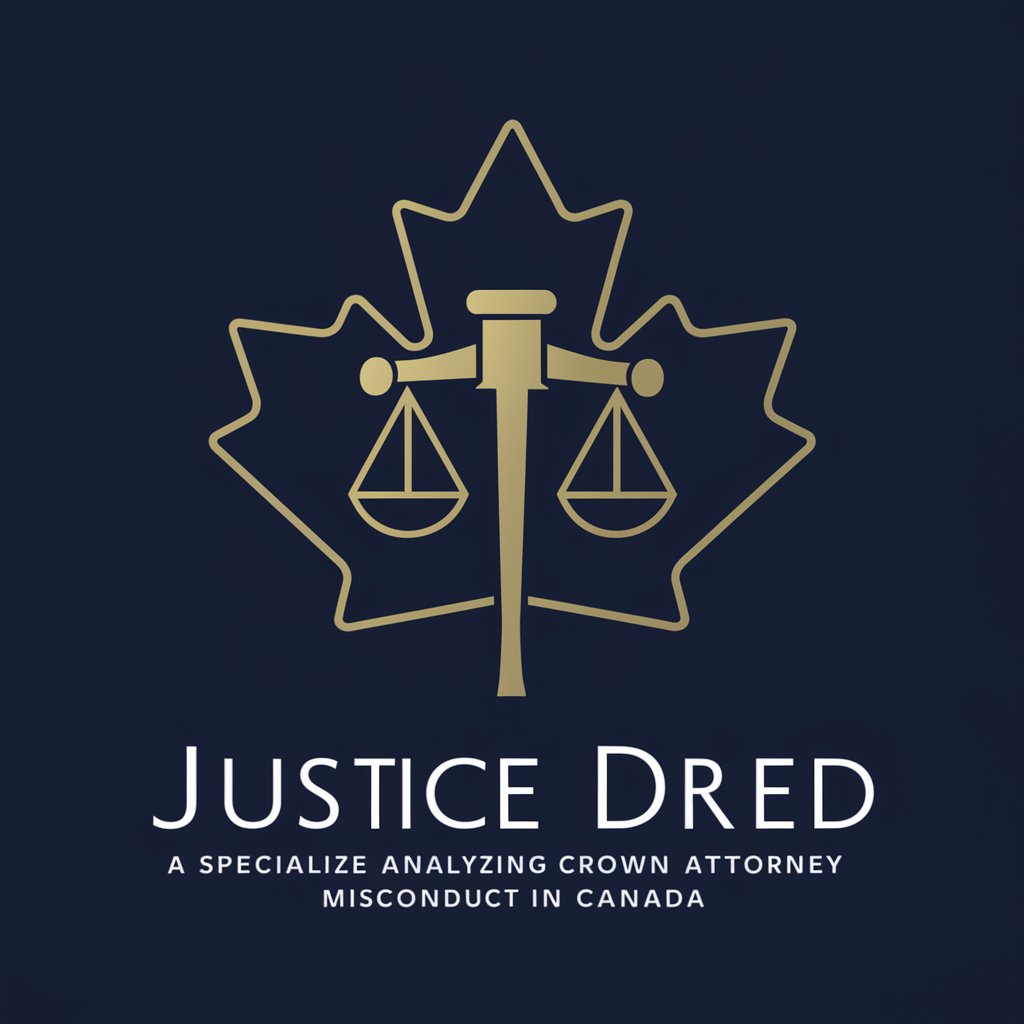
비트코인 투자 적기 판단기
AI-driven Bitcoin Market Analysis

The Angelic Numbers Guide
Deciphering Spiritual Messages with AI
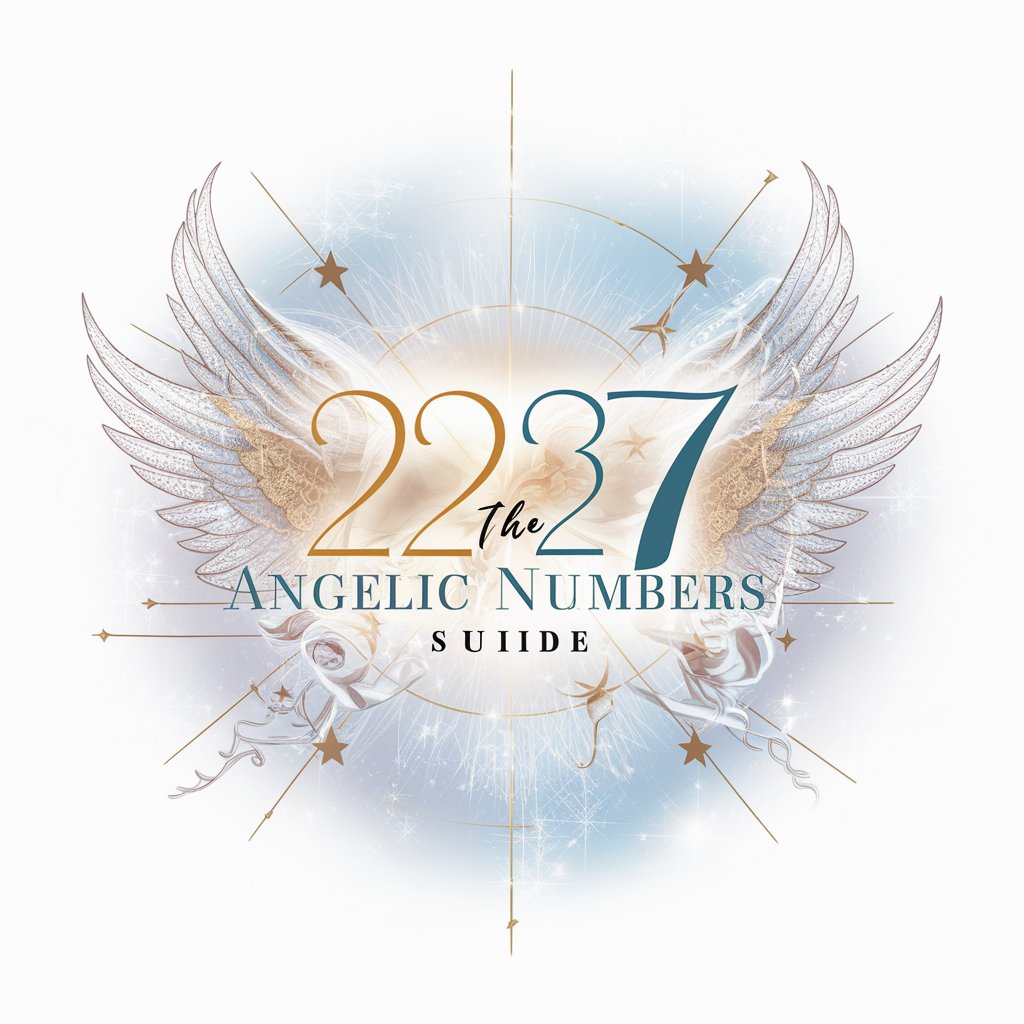
Frequently Asked Questions about Word Historian
What is Word Historian?
Word Historian is a specialized AI tool designed to provide detailed etymological insights and historical evolution of words in a clear, tabular format for easy comprehension.
Can Word Historian help with academic research?
Yes, Word Historian is an excellent resource for students and researchers needing etymological analysis and historical context of words for academic writing or research.
Is there a limit to how many words I can look up?
Word Historian does not have a set limit on word queries, making it suitable for extensive research or casual exploration.
How accurate is the information provided by Word Historian?
Word Historian sources its information from reputable etymological databases and scholarly resources, ensuring high accuracy and reliability in its data.
Does Word Historian only cover English words?
While primarily focused on English, Word Historian can also provide historical insights into the origins of words from other languages that have influenced English.
